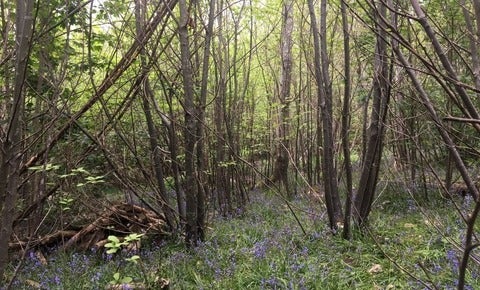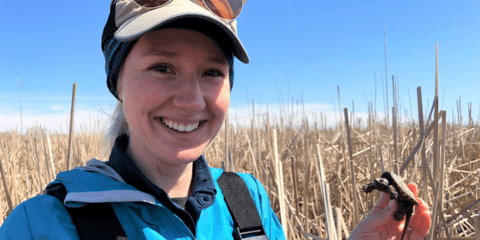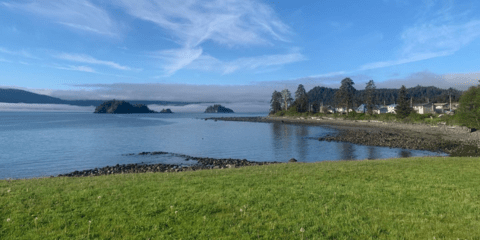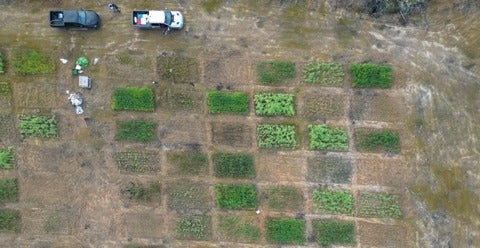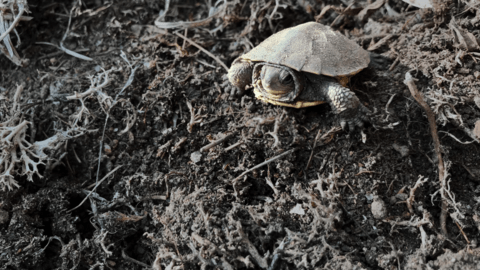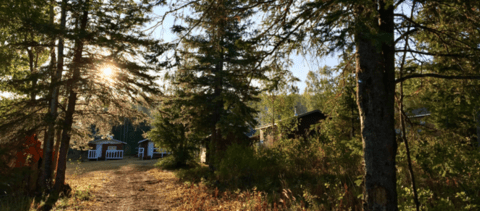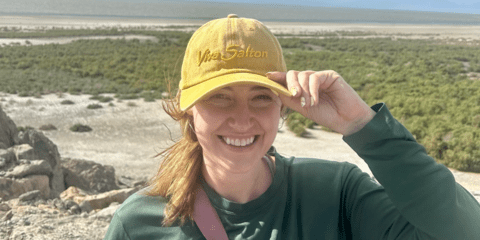Field research to protect endangered species and spaces
The Wildlife Ecohydrology and Conservation Lab has successfully completed our first field season! We are a curious and collaborative team interested in all things turtles, snakes, amphibians, wetlands and more. Our research often evaluates conservation and habitat restoration approaches to support at-risk reptiles.
